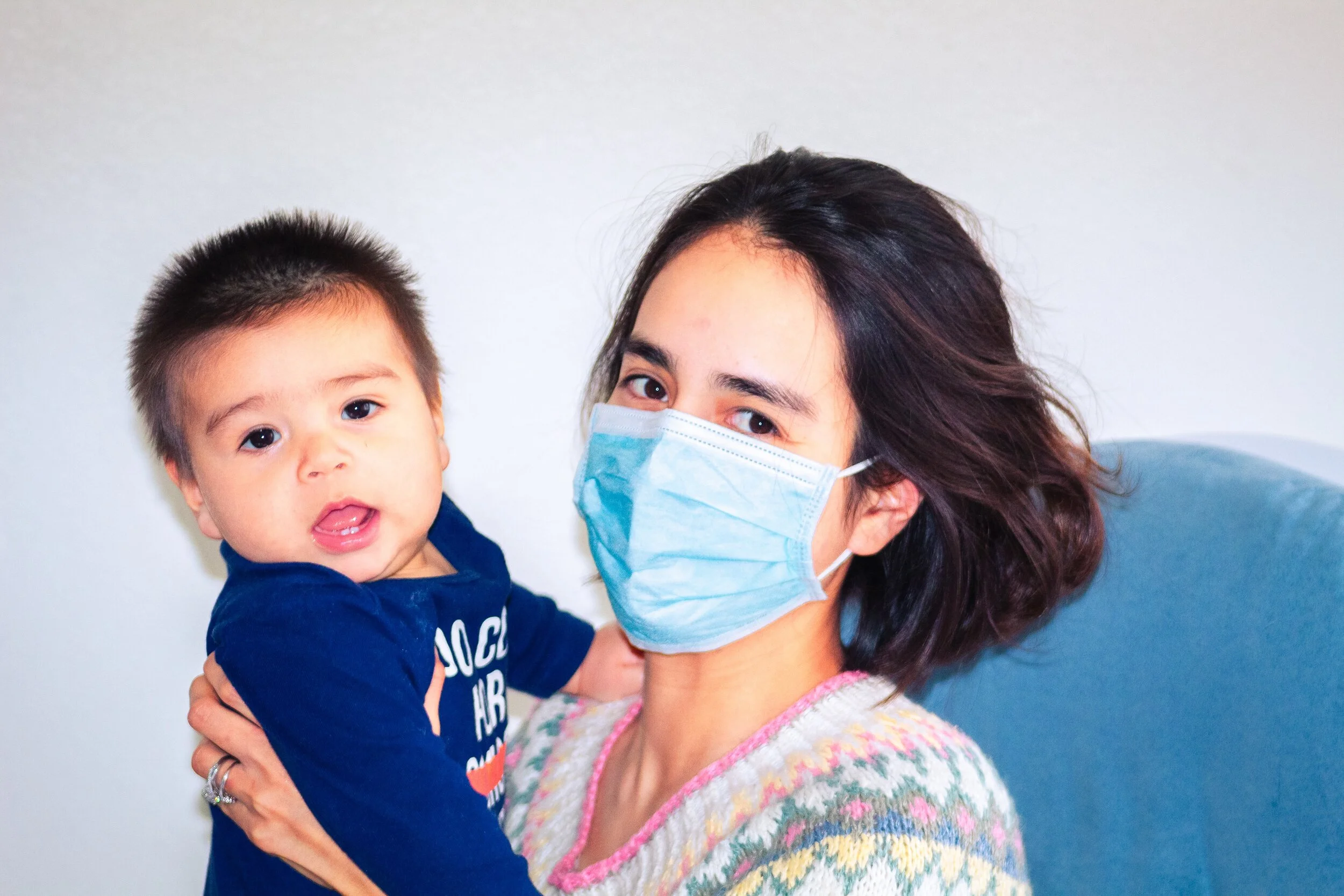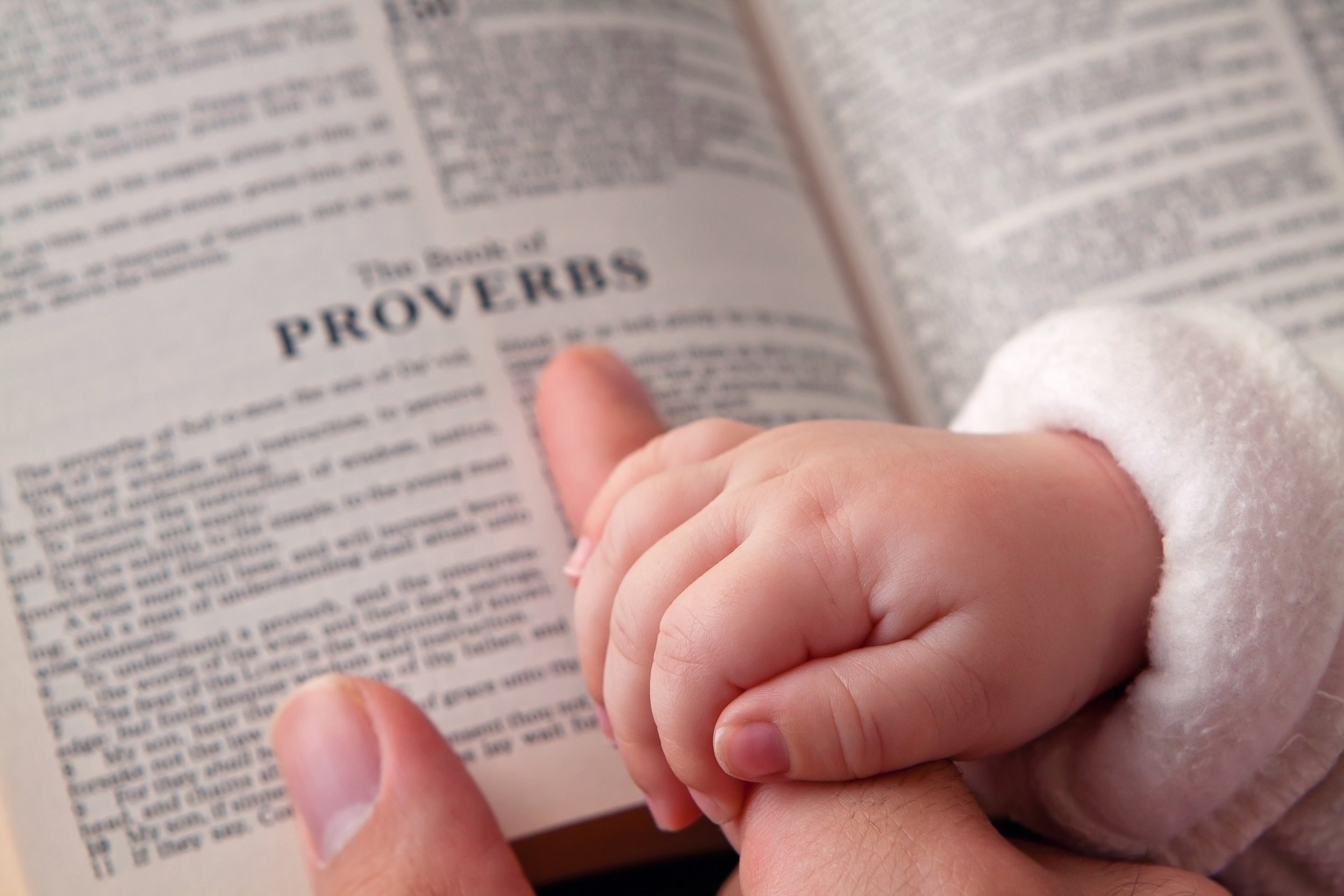Last time, we looked at some of the resources that are available to help busy parents encourage the faith of their children while they’re home from school with too much time on their hands. Pouring Scripture into your children gives them a foundation to begin thinking biblically about life and the world around them. But we also need to talk to them about the crisis itself. Chances are that some of your children may feel that COVID-19 is more of an annoyance than a crisis right now. Until you’re actually faced with the physical or economic pain of the pandemic, it may just feel like an inconvenience. Now is the time to prepare for when your family may feel that pain a little more personally. I was reflecting on how we talked with our own children about the earthquake and resulting nuclear meltdown in Japan when I came across an excellent article by Sandy Galea giving 7 Tips When Talking To Kids About Coronavirus. Let me share some of the things I learned from her article and illustrate how we saw them play out in what we experienced.
1. Understand that children respond in a variety of ways.
After Japan’s triple disaster, a parent came to me for advice. She had family who lived in Fukushima who had been forced to flee the nuclear meltdown. Radiation levels were dangerously high, and people were rightly fearing for their safety. She told me that she got angry with her children for happily playing and felt that they should express appropriate concern and grief. It was as if she felt that there should be one appropriate way to act in a crisis. In reality, her children were likely processing what they understood of the disaster with the only coping mechanism they knew – play. Each of our children felt the impact of the same disaster in different ways and it was important that we didn’t try to judge their feelings or expect them to conform to a right way of coping.
2. Take time to listen to your children.
Family mealtimes became extra important for us in the days following the earthquake. We asked questions about how our children were feeling and when they weren’t quick to share, we tried to talk about our own feelings. Asking leading questions and open-ended questions helped us to understand where pressure was starting to build. Fears and concerns must be expressed to be processed and so giving room for children to talk is important for them to deal with this pandemic in healthy ways. Galea encourages parents not to be afraid of a child’s tough questions like, “Did God make coronavirus? Can God stop coronavirus? Why doesn’t God stop coronavirus?” We don’t have to have all of the answers to our children’s questions, but we should be prepared to listen, and we shouldn’t feel threatened by them.
3. Speak God’s truth into the crisis.
Right now, you’re probably experiencing what we experienced after the triple disaster in Japan: an onslaught of news. Stories of death and suffering, reports of what wasn’t done and should have been done, and rumours of cover-ups and misinformation abounded. Understanding what’s happening around us is important, but too much exposure creates an overload and no ability to answer the questions that the news inevitably surfaces. In a crisis, our children need to be protected from an excess of information that they can’t process and instead be assured with the simple truths that the Bible teaches. God is in control. God is good. God cares for His people. God wants us to trust Him. God wants us to pray to Him. God brings good out of tragedy. Our children need to hear us affirm these truths and, importantly, see that we find strength in them.
4. Pray with your children.
If you haven’t had a habit of praying with your children, this would be an important time to start. Asking our children how we could pray for them in the days following the earthquake helped us to understand where they were struggling and helped us to show them how to express their needs and dependence on God. Prayer can be brutally honest in expressing what’s in our hearts, but it should also affirm our confidence in God and hope in His trustworthiness. Our children may have ‘prayed prayers’ before now, but COVID-19 may help them to experience the power of prayer like never before.
I commend Sandy Galea’s article to you and I would encourage you to work at listening, speaking and praying with your children as COVID-19 inches closer to all of our doorsteps. As you do, God can take this pandemic and use it to deepen the faith and trust of your children.
In awe of Him,
Paul












